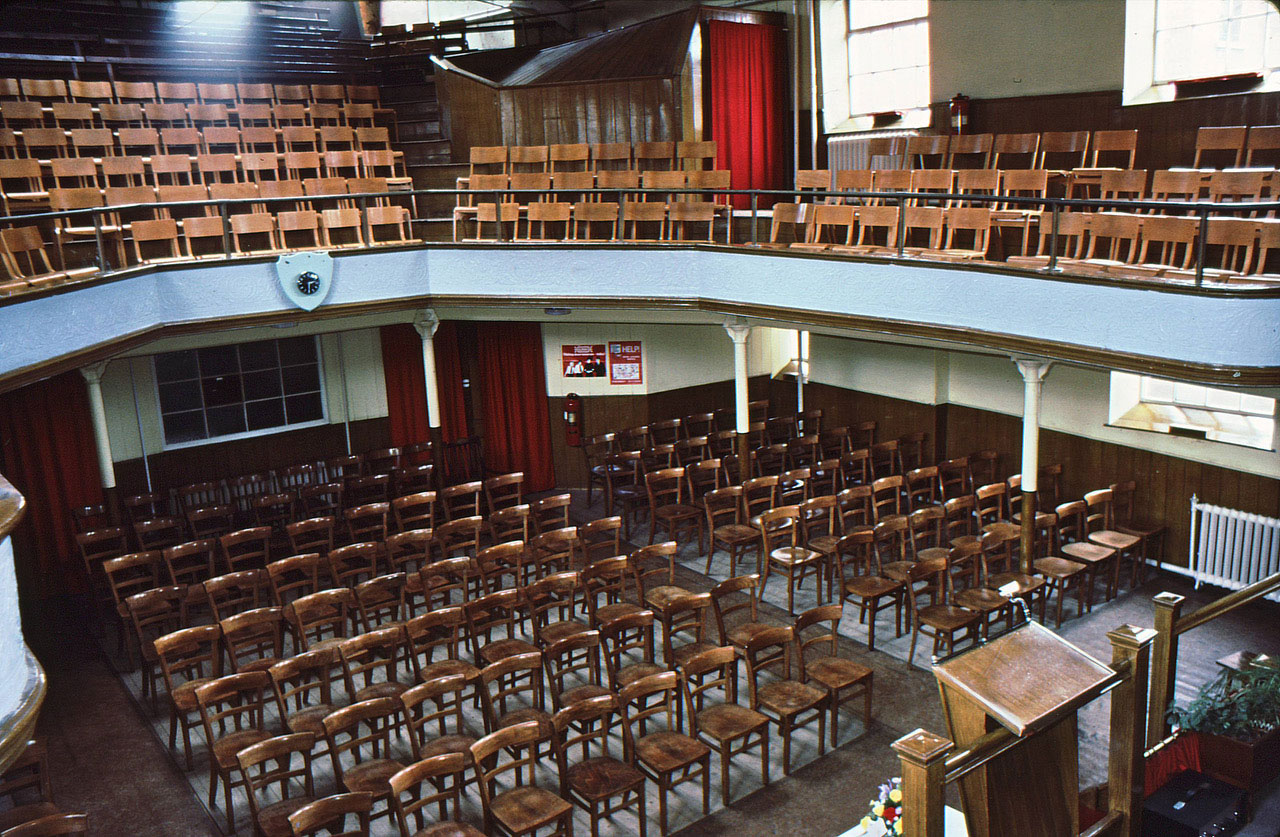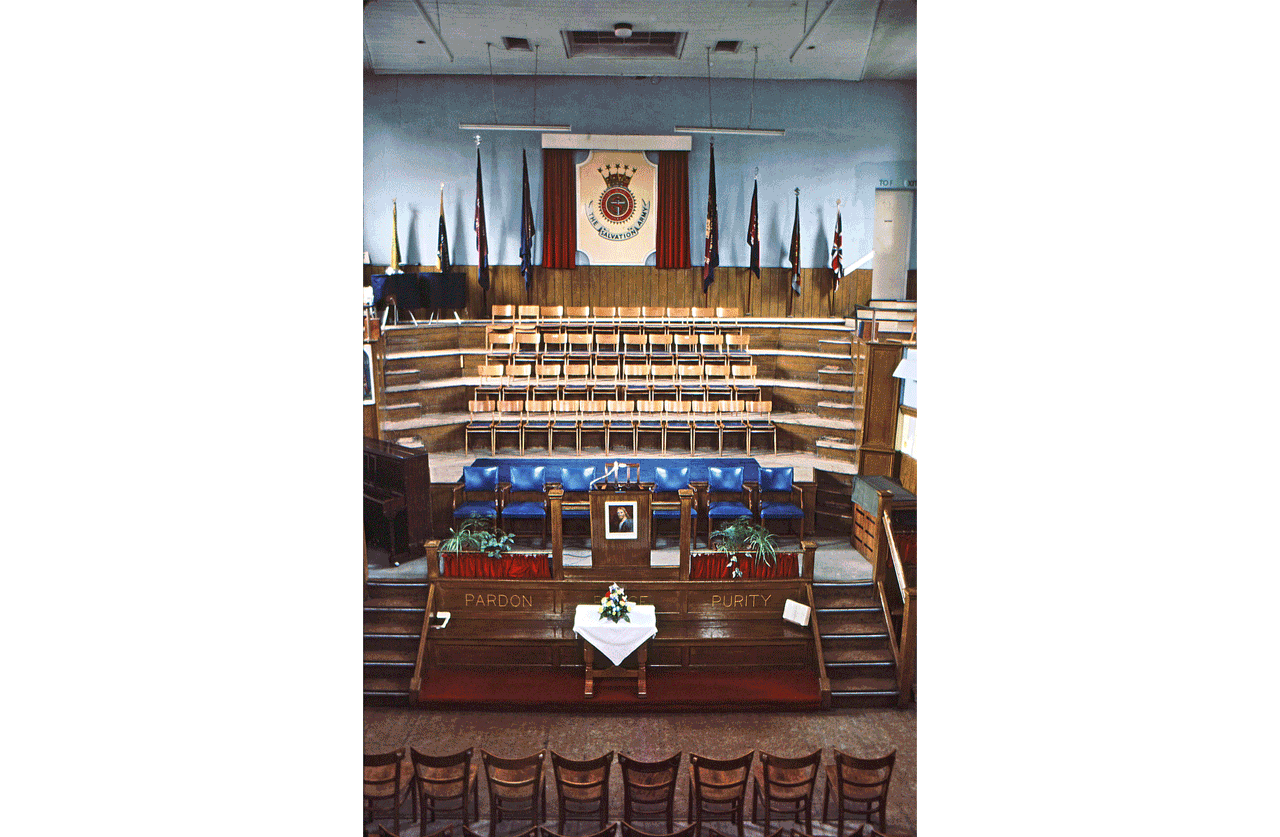Cat-calls and Fireworks (from the Citadel Centenary Brochure)
In 1881, several earnest Christian workers, hearing lively reports of the Christian Mission and The Salvation Army, as its name became in 1878, met the Founder, William Booth and his wife, the Army Mother, urging them to commence work in their town of Ipswich.
On a bleak November Saturday in 1881, there duly appeared one Captain Gibson from Harwich and two other officers from London to ‘open fire’.
Initially, it had seemed as though the Salvationists were going to be well received. A publican, probably not realising just what he was doing, had given permission for meetings to be held in his public house. During the afternoon, open-air meetings were held in various parts of the town. They were extremely noisy and disorderly. Between 200 and 300 young toughs saw to that! Thinking the occasion would lend itself to a bit of fun, they followed the comrades everywhere and did their utmost to spoil the witness. The evening was worse still. A constant uproar, with cat calls, stamping of feet and plenty of fireworks, made it almost impossible for the Salvationists to continue. ‘Ipswich is evidently a difficult fortress to storm,’ said a local press report, ‘the people being as hardened as the inhabitants of Bunyan’s “Mansoul”.’
Apart from that rather discouraging start, other difficulties quickly threatened to stifle the work. The publican, not surprisingly, withdrew his permission and left the Salvationists without a meeting place. It was not long, however, before a sympathetic minister of religion offered to make a chapel available. But again, the opposition was so fierce and the damage done to the chapel so extensive that the meetings had to be discontinued.
In 1884 a vacant plot of ground in Burrell Road was secured. A large wooden building, which had been used as a circus, was then purchased, dismantled and erected on the site. It had seating accommodation for 1,600 people. This third attempt to establish the work of the Army in Ipswich proved to be successful. In that year, Captain Mary Shackson was appointed the first commanding officer of the corps, which was numbered 554.
Opposition was still determined. The ‘Skeleton Army’ tried to burn down the building by setting fire to a barrel of tar and rolling it down to the wooden structure, but the attempt failed. For seven years the corps operated from the same centre. The wooden ‘circus’ became a sanctuary and the scene of many spiritual victories. Soon it became increasingly obvious that another meeting place would need to be secured. The Salvationists were fortunate. At that time, in 1891, an old theatre in Tacket Street became available and it was quickly taken.
In next to no time the old centre of entertainment became the venue of a gloriously successful soul-saving endeavour. People were attracted to the meetings, some merely to jeer and make fun. But they stayed to pray, sought the Saviour and became rejoicing Salvationists. Ipswich Citadel has sustained its operations in Ipswich ever since. However the Citadel now resides on Woodbridge Road, having moved there in 1993.
Below: interior of our previous hall in Tacket Street



